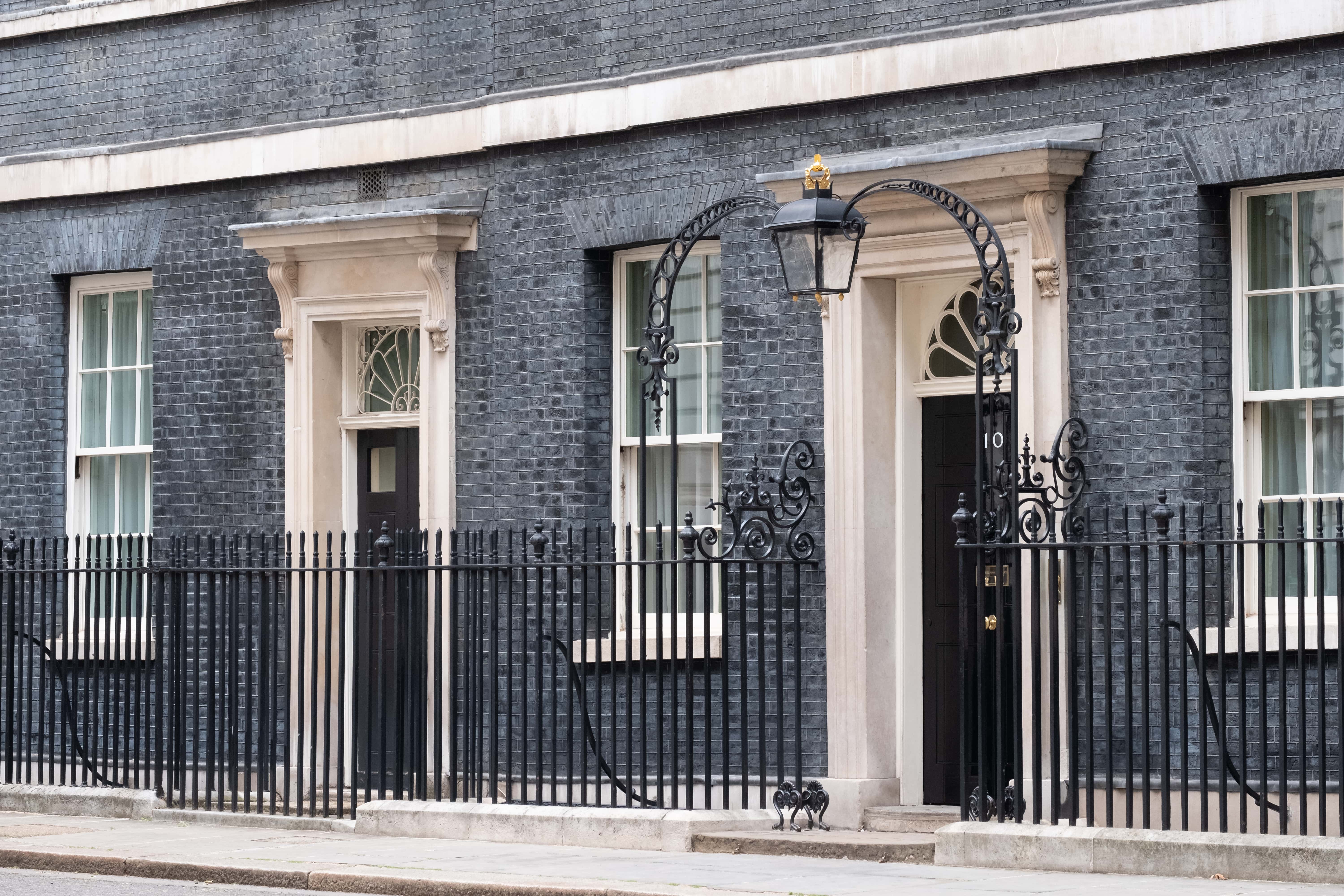 By Lucy Waters - Managing Director for Aria Finance
By Lucy Waters - Managing Director for Aria Finance
Mortgage Solutions - Specialist Lending Solutions
When people say the UK's housing market is 'broken', they usually mean there are not enough (quality) homes for people to live in.
However, anyone who has ever bought a house will agree that the process of getting onto the property ladder is also in dire need of reform.
Buying a home regularly ranks as one of the most stressful life events, often trumping starting a new job or even having a child.
The issues with the process are numerous: it takes far too long, there is a lack of transparency and transactions topple over far too often.
There have been various attempts to make the process fairer, faster and more efficient, but we are left with a system that can be painfully cumbersome.
However, the latest Government has decided it wants to have a crack and issued a call for evidence that closed last month. With that in mind, I've come up with a few ideas of my own.
Fix the uncertainty
One of the main problems with the house buying process in the UK is that so many transactions fail.
According to the Government, one in three transactions fall through because the seller pulls their property off the market; the buyer may find somewhere else to buy; the buyer is 'gazumped'; or for any other reason.
Failed transactions end up leaving buyers and sellers "hundreds of millions" of pounds out of pocket every year, according to the Government.
How do you fix that?
Getting both buyers and sellers to commit earlier in the transaction may help increase certainty that the deal with go through and reduce the chances of failure.
One way to do that could be to introduce reservation agreements. These are legally binding documents that are signed when the price is agreed and commit both the buyer and seller to proceed to completion.
Should either party pull out, they would have to cover the other side's costs or pay a fixed penalty.
The benefit of having these contacts in place is that they would likely discourage timewasters. Although, admittedly, it may be challenging to persuade either party to agree to sign such a contract, particularly when it is not a widespread practice in England and Wales.
Better Disclosure
When you buy a house in the UK, you don't really know what you're buying at first. The whole process is built on the principle of Caveat Emptor, or buyer beware.
Other than the EPC rating, you know nothing else about the property or the land in the immediate vicinity until you pay for a survey and local searches.
As a buyer, the trouble with this is that these searchers may throw up something that would have affected how much you would have offered for the property.
You can try to renegotiate the price, of course, but there's no guarantee the seller will agree to renegotiate. That may leave you out of pocket and the transaction in tatters.
One way to combat this would be to force sellers to provide more information about their property up-front. That would reduce the likelihood of a transaction toppling over later in the process.
Labour tried this in the mid-2000s, with the introduction of Home Information Packs (HIP).
In theory, HIPs were a great idea as they improved early-stage disclosure for buyers. However, they failed ultimately because sellers were unhappy that they had to fork out hundreds of pounds of them.
But, surely, a decade and a half later, with all the technological advances we've made since then, surely is a cheaper and more efficient way of ensuring buyers have that same information up front?
Digitisation
That brings me neatly onto my final point: the whole process of buying a home in this country is astonishingly slow.
According to House of Commons research from 2022, it takes 16 weeks on average from a property to be marketed to completion.
That's because large swathes of the house buying process is paper based, particularly the official search and legal conveyance stages.
I won't sit here today and claim that I know that technology is available and how best to implement it.
But I would fully support the exploration of tech-led solutions if it led to a more streamlined and efficient buying and selling process.
It's time that we brought the whole system into the 21st century.





.png?length=350&name=aria%20(10).png)